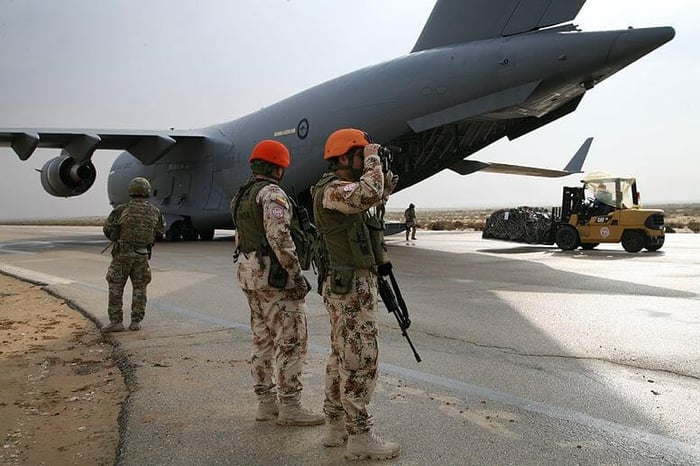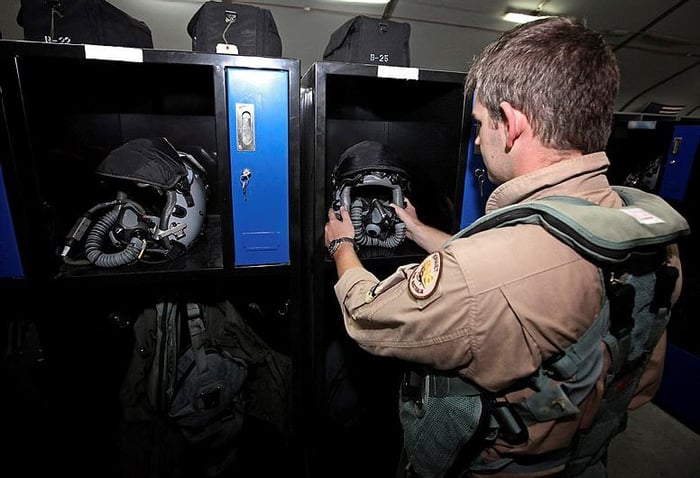
ASPI Ranked Among the Best
The Australian Strategic Policy Institute (ASPI) is the country's leading strategic and defence research foundation. It was established by the Australian government in 2001 and remains partially funded by the Department of Defence.
The institute was ranked as one of the world’s best think tanks in the University of Pennsylvania’s Global Go To Think Tank Index (GGTTTI), the gold standard of excellence for think tanks around the world. In 2015 it was announced that ASPI had increased its rank to 16th in the "top defense and national security think tanks" category, making it the number one defence and security think tank outside of the United States and Europe.
ASPI also ranked 27th in the "top foreign policy and international affairs think tanks" category, the highest ranking for any Australian-based think tank. The 2014 GGTTTI also named ASPI as the number two "think tank to watch" globally for the second year running, behind the BRICS Policy Centre in Brazil.
Inroads were also made in other categories, Dr Mark Thomson’s annual publication, “The Cost of Defence: ASPI Defence Budget Brief 2014-2015”, was ranked the 16th best policy report produced by a think tank. Meanwhile ASPI’s collaborative efforts with South Africa’s Brenthurst Foundation were recognised in the "best institutional collaboration involving two or more think tanks" category.
ASPI was again commended for its excellent social media presence, ranking in the top 30 think tanks with the best of use of social media. ASPI has established presences on YouTube, Twitter, and Facebook. ASPI’s blog, The Strategist, plays an essential role in facilitating debate on Australian defence and strategic issues.
GGTTTI rankings rely on the votes of over 20,000 journalists, policymakers, public and private donors, think tank staff, and functional and regional area specialists.




















